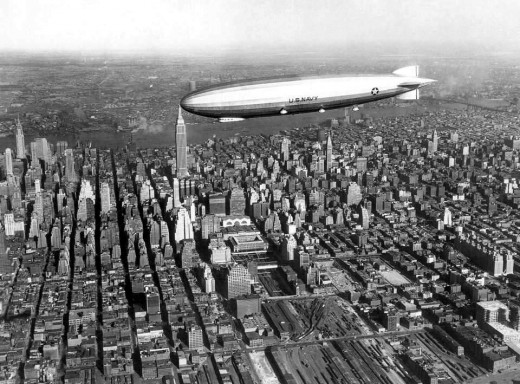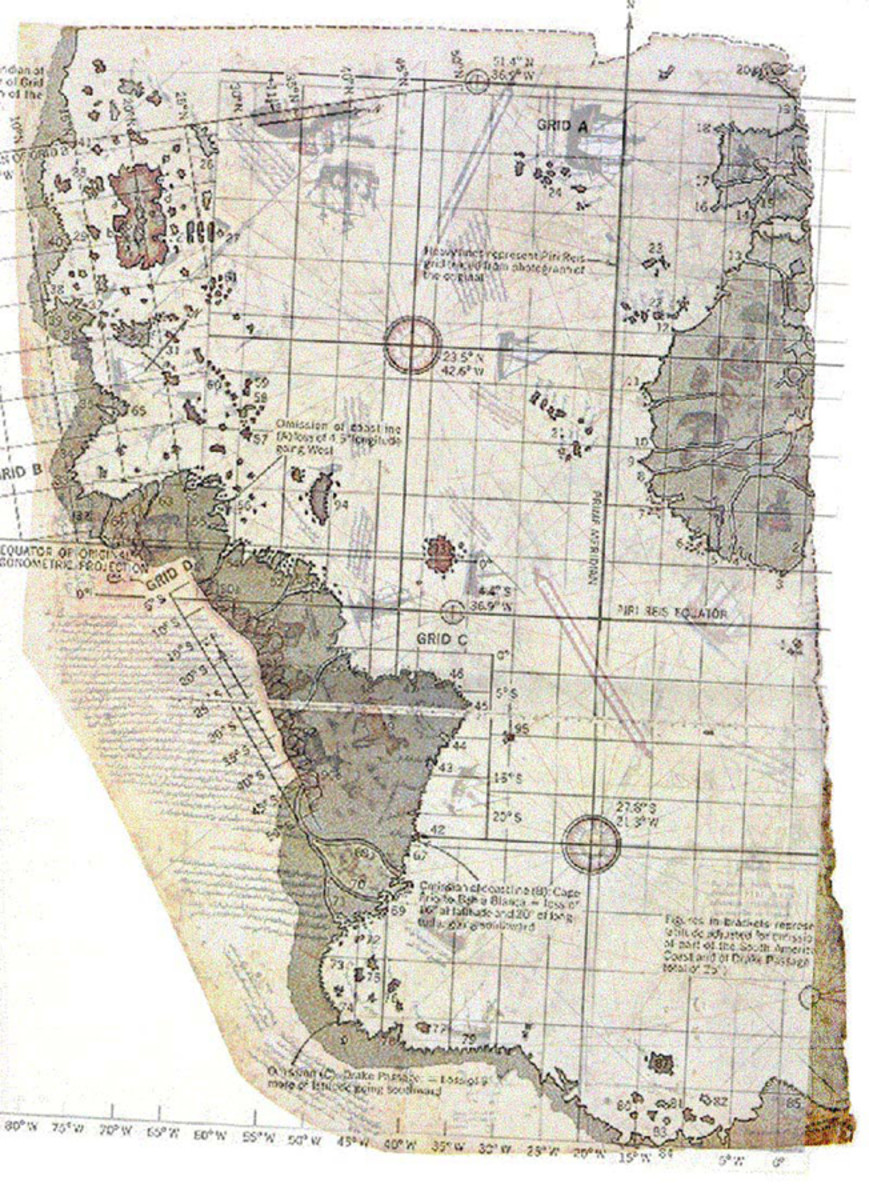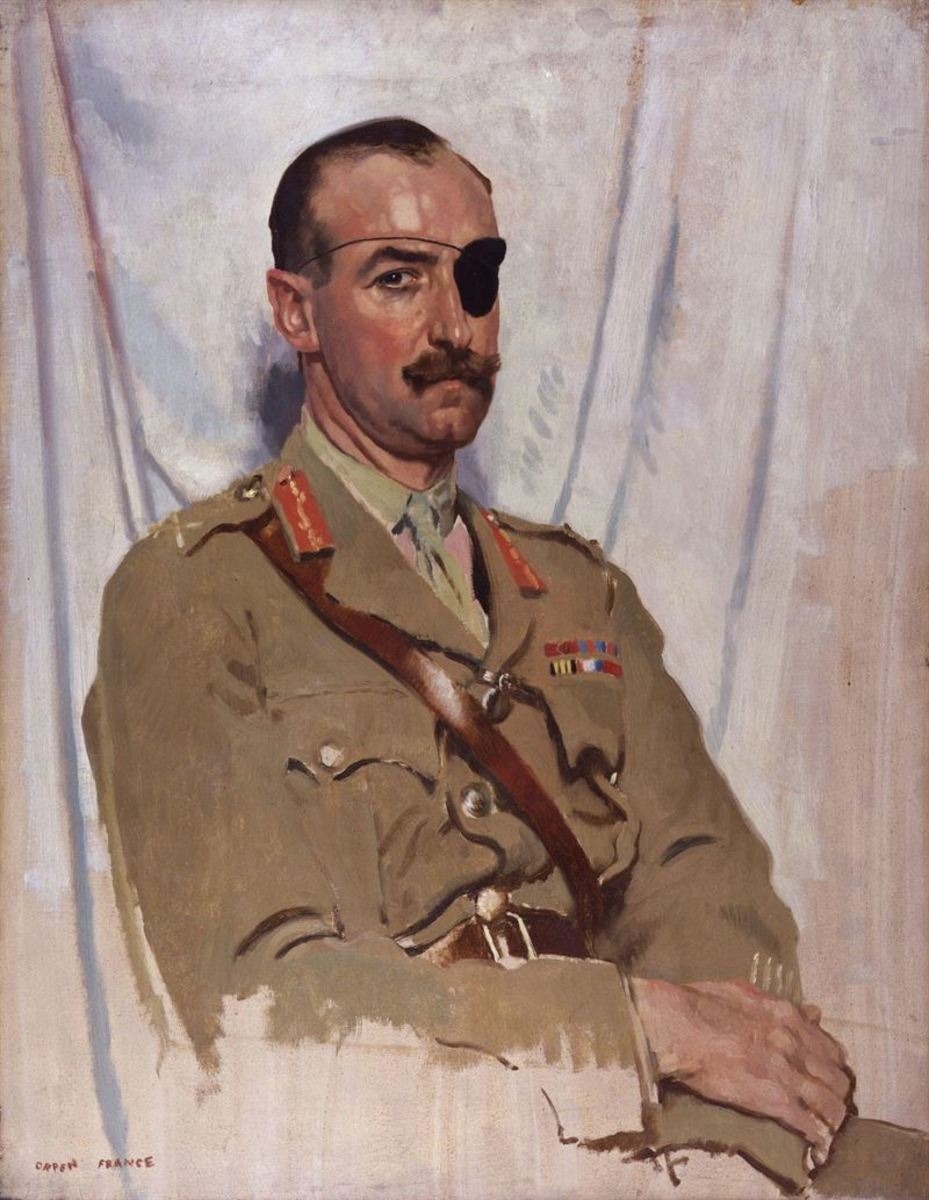As they predicted in 1931 how 2011 would be

'The New York Times in 1931 launched a challenge to various influential people in the world of science, sociology or economics: Predicting how the world in 2011. Whilesome optimists have sinned, it is surprising how well we met 80 years ago.
In its 80th anniversary in September 1931, the newspaper 'The New York Times askedleading personalities from the world of science, culture or industry, to give their vision of what they believed would be the world eight decades, ie In 2011.
The names chosen to make their predictions, according abnormaluse were the doctorat the Mayo Clinic and co-founder of WJ Mayo, the famous industrialist Henry Ford, theanatomist and anthropologist Arthur Keith, the physicist and Nobel Prize winner ArthurCompton, the chemical Willis R. Whitney, physicist and Nobel laureate Robert Millikan,physicist and chemist Michael Pupin, and the sociologist William F. Ogburn.
"The United States will reach 160 million, " said William F. Ogburn, somewhatunrealistic, since the last census conducted in late 2009 had 308 million, almostdouble that predicted the sociologist. However, taking into account the difficulty of whatthey were told, we must recognize that these visionaries did not all bad. In fact the same Ogburn nailed in various aspects related to the pace of modern life.
"Technological progress, with its exponential growth law, is the key to the future," said the sociologist, "however, the heterogeneity of material culture will lead to the birth of language that only specialists can understand. The landscape will change because of technology and reduce the number of farmers. "
The sociologist also was able to see aspects of family life as it ensured that even if it does not destroy itself would be less stable in the early years of married life with a greater number of divorces there were in 1931. He was also able to predict the emancipation of women, "his life will be more like men and spend more time outside the home." However, the sociologist was too optimistic in some cases as it ensured that poverty would be eliminated.
For his part, Dr. Mayo also was quite right in saying that contagious and infectious diseases would have been largely overcome and that the main causes of death would be linked to heart disease, blood vessels, kidneys, nervous system diseases and cancer . Also predicted that average life expectancy in the U.S. would be 70 years.The doctor was not so far off as the average is 77.9 years.
The anthropologist Arthur Keith in 1931 warned of the dangers that could lead to an over-specialization and thus put an example: "Eighty years ago medicine was divided among the three tiers of specialists - doctors, surgeons and midwives," said the expert to newspaper, there are now over fifty special branches for the treatment of human diseases. It is this aspect of life - its increasing specialization - that scares me. "
The entrepreneur Henry Ford, predicted just two years after the crash of 29, that in the next 80 years would one produce a "review and redesign" of the "economic engine not to do something different than what we have, but to get the current machine do what you have said you can do. " The observation scary considering that 80 years later we still do not know what keys you have to play to make that machine work properly.
Robert Millikan said that "the diffusion of scientific method, which has been deeply meaningful for physics, is about to be used to solve social problems. "
For its part, the scientist Michael Pupin was optimistic regarding the better distribution of economic resources.
"The great inventions that have laid the foundations of our modern industries andindustrial civilization were born in the last eighty years. The current power to createwealth has never been equaled in the history of humanity, but we still have thenecessary wisdom regarding the equitable distribution of wealth that is created. From what I can prophesy that during the next 80 years this civilization will correct thesedeficiencies with the creation of an industrial democracy that guarantees workers a fair distribution of the output of their work. "
The last of the "visionary" was Compton who predicted that national borders graduallycease to have the significance of 1931 and was correct in asserting that China "with itsexcellent natural resources " would have "a prominent role in world affairs. "
The predictions are not bad if you have the cultural, political and social that existed 80 years ago. And you ... do you dare to predict what will happen in 2091?



